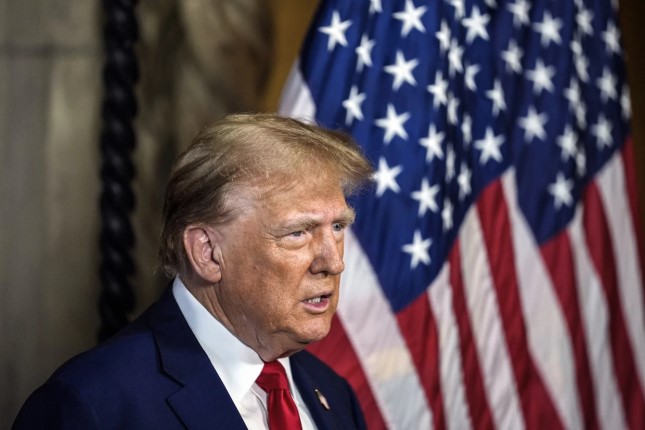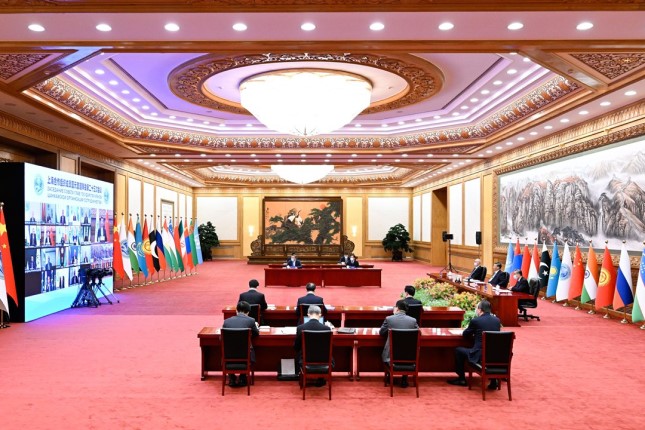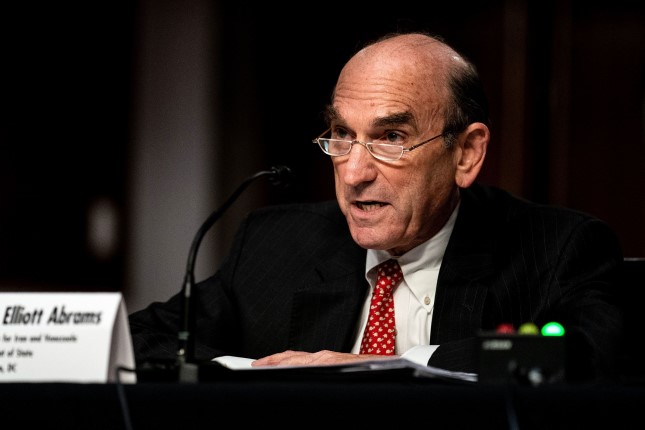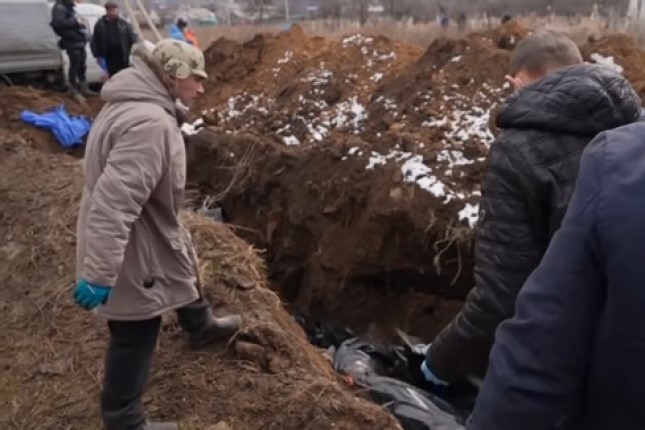The discursive rhetoric President Trump deploys when speaking about Russia and its apex-leader, Mr. Putin, risks lending the impression that once the unfortunate business of the war wraps up, he and Mr. Putin will at last be free to guide US-Russian relations to unimaginable levels of peace, prosperity and cooperation between the two nuclear superpowers.
Yet, in point of fact, the war in Ukraine is only one of a number of obstacles toward normalization. The administration should be encouraged to tackle those obstacles, but pretending they don’t exist does no one any favors. The challenges come in two categories.
The first, are the issues that directly affect the two principal countries: arms control; a series of broken and yet-to-be broken nuclear treaties; and sanctions relief. The second set of challenges relate to “third-parties”; they are issues relating to what will be a generational hostility between Europe and Russia; Russia’s increasing reliance on China; and issues relating to Iran and the greater Middle East.
A question Trump’s planners and advisers might ask themselves is: What approach did American diplomats take when facing off against the most formidable of Mr. Putin’s Soviet-era predecessors?
In 1973 Charles ‘Chip’ Bohlen published his aptly titled memoir Witness to History. Bohlen, among the wisest and accomplished of his (or any) generation of diplomats, served as Franklin Roosevelt’s translator and adviser at the Tehran (1943) and Yalta (1945) conferences and went on to become ambassador to the USSR (1953-57) and France (1962-68), among many other postings.
Bohlen’s time in Moscow coincided with the release of Khrushchev’s “Secret Speech”condemning the excesses of Stalin (1956); the creation of the Warsaw and Baghdad Pacts (1955); the Hungarian revolution and October uprisings in Poland (1956).
His approach was marked by what the historian T. Michael Ruddy has described as a “restrained pessimism.” The secretary of state under whom Bohlen served during his time as ambassador, John Foster Dulles, an evangelist for American primacy and Bohlen was often put in the position of having to advise Washington against overreacting to Soviet provocations.
Testifying before the Senate Foreign Relations Committee in 1957, Bohlen saw, despite the Soviet crackdown in Hungary, ways to work with the Soviets, particularly in the area of arms control. Whether dealing with Khruschev’s Soviet Union or Putin’s Russia, it would seem a mistake to link progress in one area (such as human rights) with progress in others (such as disarmament).
Bohlen swam against the tide of conventional wisdom which then prevailed in the Washington of the 1950s by asserting that the United States should approach the Soviet Union as a traditional nation-state not merely as the embodiment of communist ideology – accommodation, limited and pragmatic, was possible.
As his biographer Ruddy put it, Bohlen “never doubted that the Soviet Union presented a threat, a threat created by a unique combination of ideology and national interest. But he especially saw it as a nation, leading him to believe that limited accommodations were possible.”
As Bohlen’s successor in Moscow, Llewellyn Thompson once observed,“The trouble with Americans is that we see everything in black or white, but there’s a lot of gray in diplomacy.”
There’s a lesson in that. Today, Russia’s security interests are viewed as illegitimate because of the widespread belief that Putin is, among other things, the leader of a global authoritarian movement, if not the embodiment of evil itself. But what Bohlen understood is that, for Russia, it is interests that matter.
Source: AntiWar.com.































